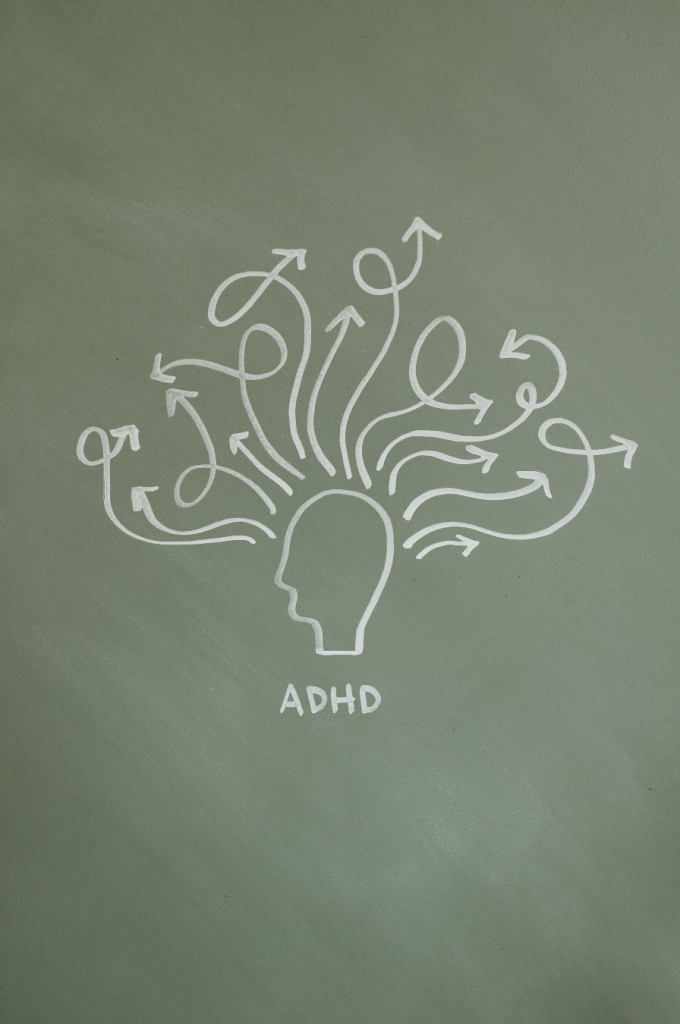
In recent years, the term ADHD has become increasingly visible across social media platforms, often sparking curiosity, concern, or even skepticism. But what exactly is ADHD—and how do you know if you have it?
This week, Restoration & Wellness Practice Director Griszel Long, LCSW, shares what ADHD really is, how to get an accurate diagnosis, and why you should not believe everything you read online.
What Is ADHD?
ADHD, or Attention Deficit Hyperactivity Disorder, is a neurodevelopmental condition that affects both children and adults. It is typically characterized by patterns of inattention (like difficulty focusing or staying organized), hyperactivity (such as restlessness or constant movement), and impulsiveness (including acting without thinking or interrupting others). These symptoms can vary widely from person to person, and not everyone experiences all three components.
Getting an Accurate Diagnosis
Restoration & Wellness Practice Director, Griszel Long, LCSW says that If you’re wondering whether you might have ADHD, a comprehensive evaluation by a healthcare professional is essential—ideally one with experience in neurodevelopmental disorders. Diagnosis is not based on a single test. Instead, clinicians use a combination of tools such as:

- Clinical interviews and thorough discussions of your medical, academic, and behavioral history
- Behavioral questionnaires completed by you and sometimes those close to you
- Observational data and possible rule-outs for other conditions that may mimic ADHD symptoms
This holistic approach ensures that you receive an accurate diagnosis—and that any co-occurring issues like anxiety or depression are properly addressed as well.
Beware of Social Media Misinformation!

While social media can be a helpful place for shared experiences and emotional support, it’s not a substitute for clinical guidance. Misconceptions about ADHD frequently circulate online, ranging from oversimplified symptom lists to harmful stereotypes. This misinformation can lead to stigmatization, self-doubt, or misguided self-diagnosis. Griszel Long, LCSW believes it’s critical to seek information from reliable, science-backed sources. She says, “Misinformation about ADHD often circulates on social media, leading to stigmatization or misunderstanding of the condition. It’s crucial to seek information from credible sources.”
You’re Not Alone

If you suspect you may have ADHD, know that you’re not alone—and that support is available. Whether you’re a parent noticing signs in your child, or an adult struggling with focus and organization, reaching out to a licensed professional can be the first step toward clarity, understanding, and effective strategies for thriving.
Contributing Therapist:

Griszel Long, LCSW
Areas of Expertise Include:
Complex Trauma, Individual and Family/Systems work
“I have a genuine passion for the work I do. I have significant experience helping individuals and families address mental health challenges that come with simply being human.”

Explore how Restoration & Wellness therapists can support your journey toward mental well-being.
We offer free consultations so you can find the right therapist for you!
Schedule a Visit
-
What is OCD? It’s More Than Being “Neat”: Understanding the Reality Behind the Label
We’ve all heard someone casually say, “I’m so OCD!” because they like their desk organized or their closet color-coded. But…
Fort Washington Location
223 Summit Avenue
Fort Washington, PA 19034
United States
Royersford Location
830 Chestnut Street
Royersford, PA 19468
United States
Pages
Proudly powered by WordPress









